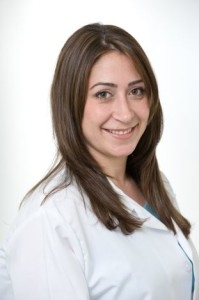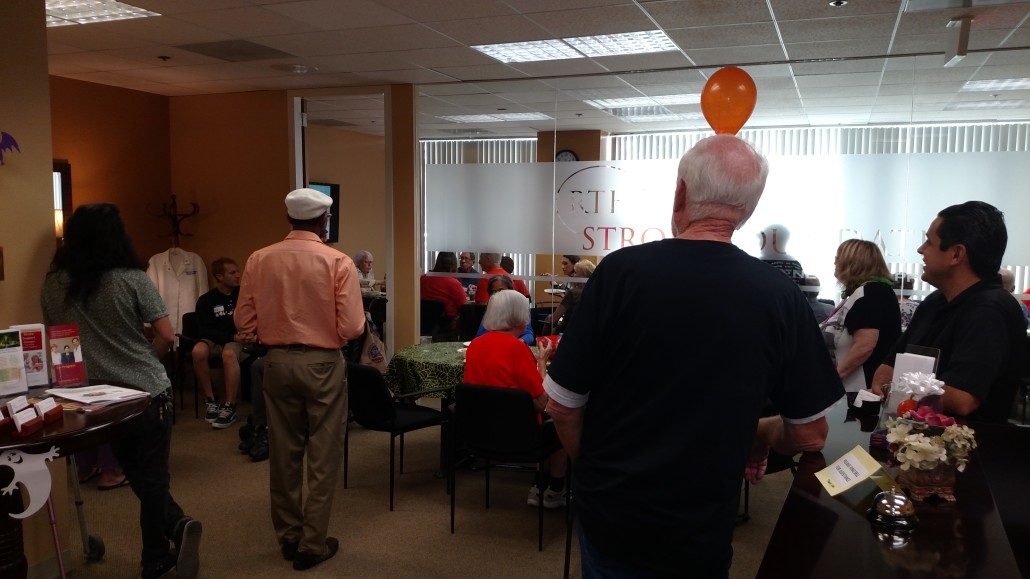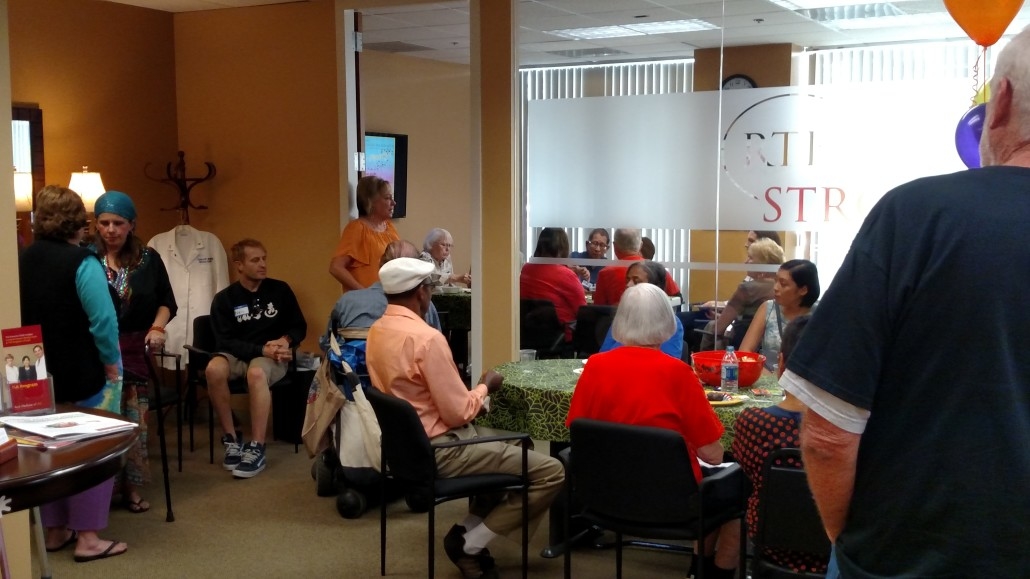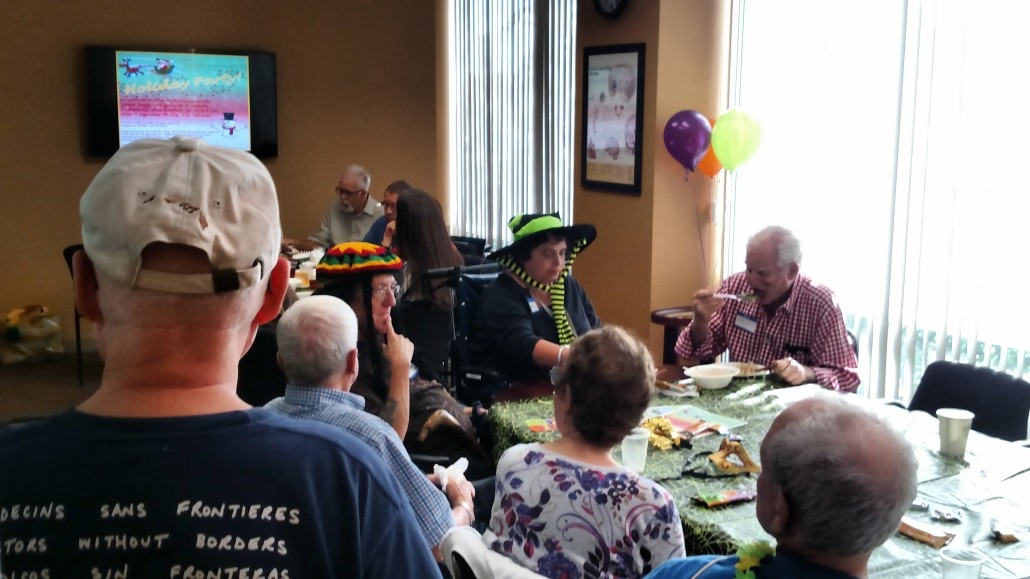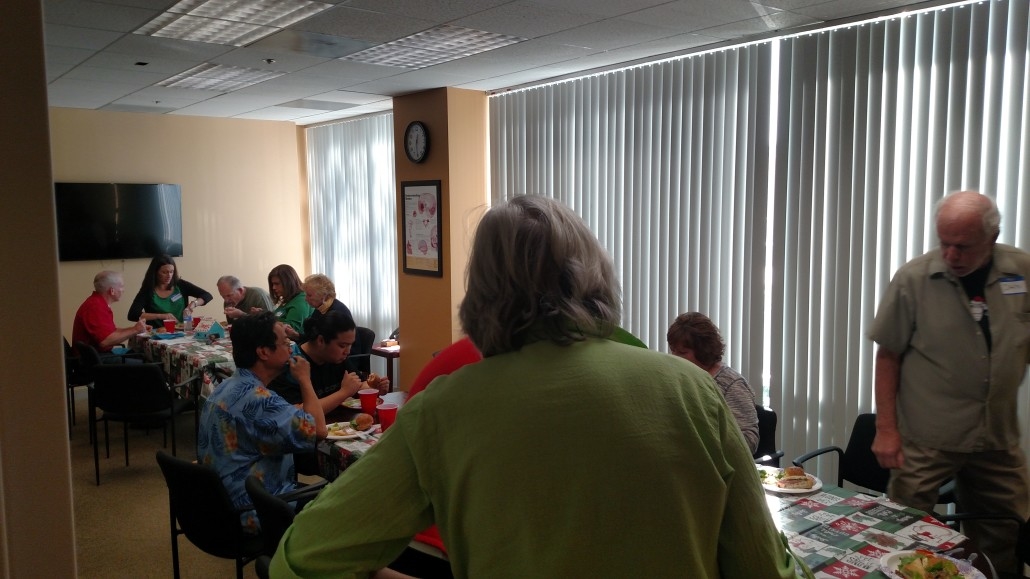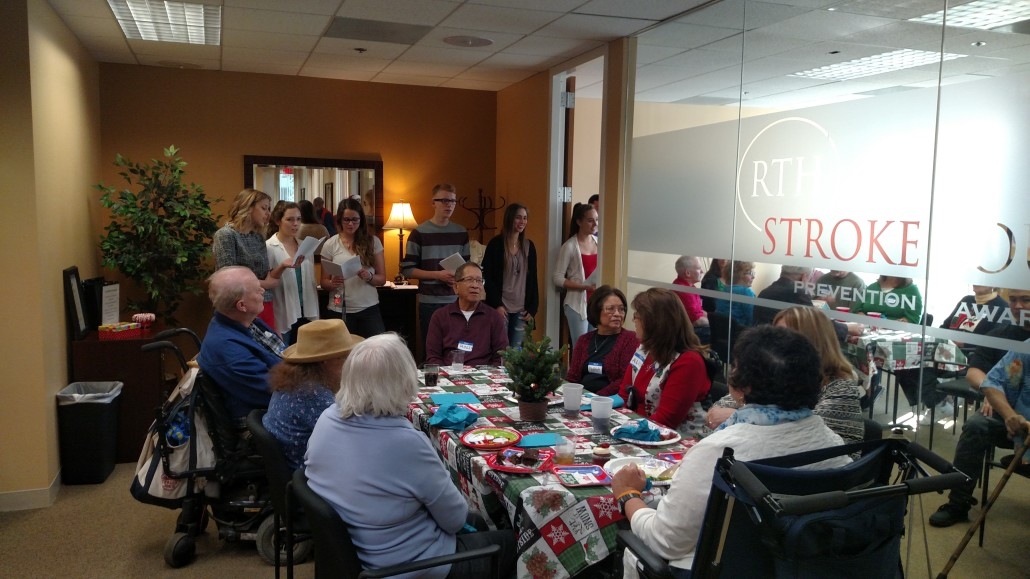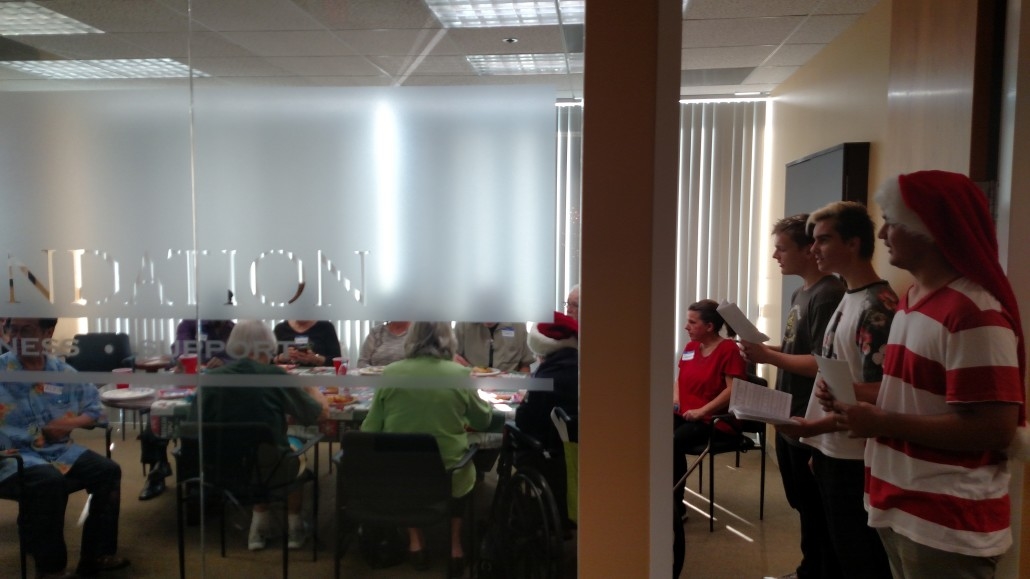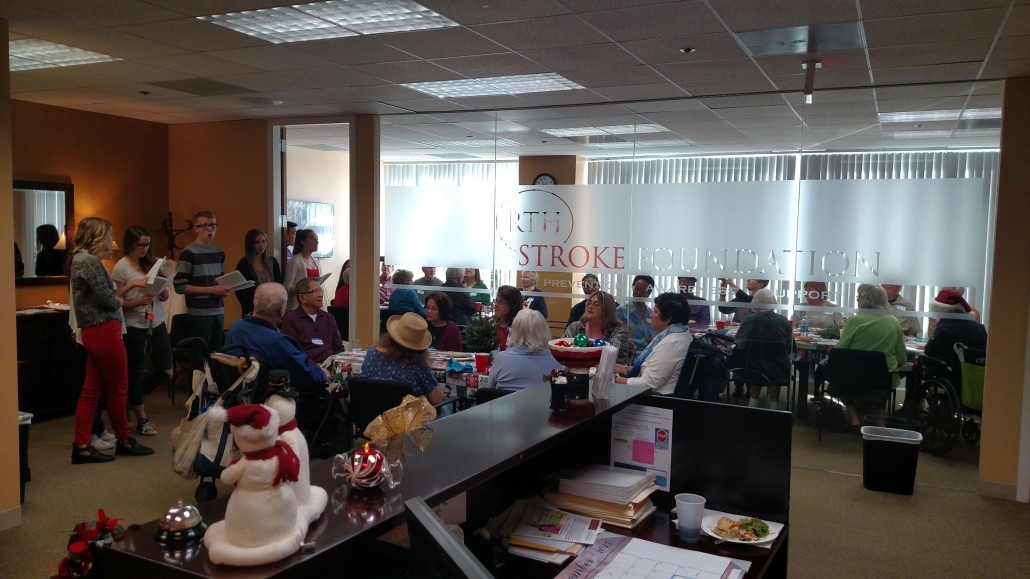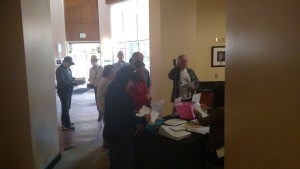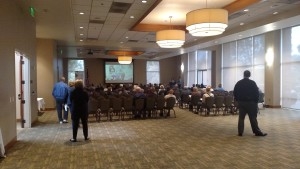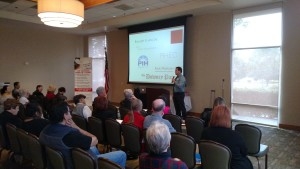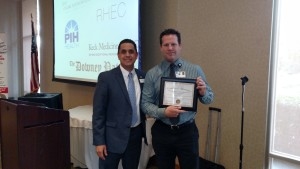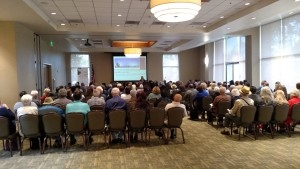The Roxanna Todd Hodges Foundation is one of the leading forces in stroke education in Southern California. The RTH foundation conducts educational presentations, health screenings as well as publishing an informational newsletter. The focus of their education is empowerment of those at risk of stroke through up-to-date and relevant information. Having attended many of their educational symposia and participated in their stroke risk factor screening I can attest to the quality and importance of their activities. The RTH Foundation web site provides excellent access to vital resources and educational materials. As President of the American Heart Association and American Stroke Association Board of Directors I would like to congratulate the Roxanna Todd Hodges for all of the great work they do on behalf of stroke education and prevention.
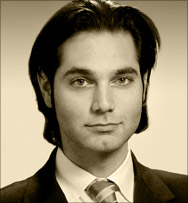 Nerses Sanossian, MD, FAHA
Nerses Sanossian, MD, FAHA
President, Board of Directors
American Heart Association of Greater Los Angeles
Director, Roxanna Todd Hodges Comprehensive Stroke Clinic
University of Southern California
Stroke is the leading cause of disability and the fourth leading cause of death in the United States. Despite its tremendous impact on our society, few people know what a stroke is, what the risk factors are, what the warnings signs are, and what to do if they have symptoms of a stroke. The overwhelming majority of the ~800,000 strokes that occur each year could be prevented through awareness and optimal management of blood pressure, and through lifestyle changes to healthier diets, greater physical activity, and smoking cessation. Through its dedication to community education, the Roxanna Todd Hodges Foundation is increasing stroke awareness and promoting risk factor control, factors which will ultimately have a tremendous impact on preventing strokes.
Amytis Towfighi, MD
Associate Chief Medical Officer
Chief, Stroke System of Care
Chair, Department of Neurology
Rancho Los Amigos National Rehabilitation Center
Assistant Professor of Clinical Neurology
USC Keck School of Medicine
The Florence Sylvester Memorial Senior Center promotes the ongoing stroke education and screenings that are sponsored by the Roxanna Todd Hodges Foundation. Education is power and the senior community needs to remain vigilant of stroke prevention, and the early interventions if a stroke occurs. The Foundation has taken a leading role in getting the word out to the people who are interested in reducing Brain Attacks.
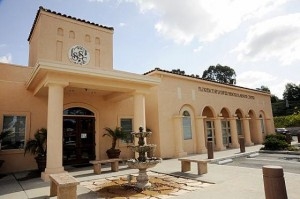 Cheryl Wieland, RN-BC, BSN, CCM Age Well Senior Services
Cheryl Wieland, RN-BC, BSN, CCM Age Well Senior Services
Case Management / Health & Wellness Coordinator
Long Beach Memorial Hospital has been working with the Roxanna Todd Hodges Foundation for approximately 8 years. We joined forces with the same mission of providing education to the community to prevent strokes.
Over the years we have educated thousands of people and provided support to stroke survivors and their caregivers. The resources, professionalism and passion from the RTH family, combined with Memorial’s Stroke Program have increased stroke education to health care professionals, and various community programs (churches, schools, colleges, and support groups). Just to name a few.
Together, I truly feel as if we have made an impact on the lives of MANY, MANY people preventing strokes and improving the quality of lives of those affected by stroke.
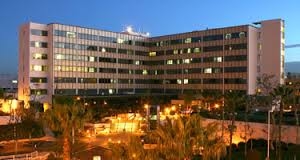
Angie West, RN, MSN, CCRN, CNRN
Program Director Neuroscience/Stroke
Long Beach Memorial
The Roxanna Todd Hodges (RTH) Foundation is a leader in “Stroke Awareness and Prevention” in Southern California. The Foundation is true to their mission to educate the public about stroke warning signs, stroke risk factors, stroke prevention and healthy lifestyle behaviors. We are thrilled to be partners with them in the effort of reaching out to the community with stroke awareness campaigns as well as providing comprehensive clinical care and conducting research to decrease the burden of stroke. Excellence is evident in all aspects of the RTH Foundation and I applaud the wonderful work that they do! We look forward to augmenting our ability to positively affect and reach out to an increasing number of people as each day goes by.
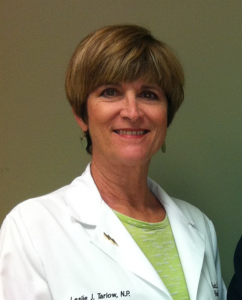 Leslie J. Tarlow, RN, MSN, GNP-BC
Leslie J. Tarlow, RN, MSN, GNP-BC
Stroke Program Coordinator
Instructor of Clinical Neurology
Keck School of Medicine of USC
University of Southern California
© 2017 Copyright – RTH Stroke Foundation
